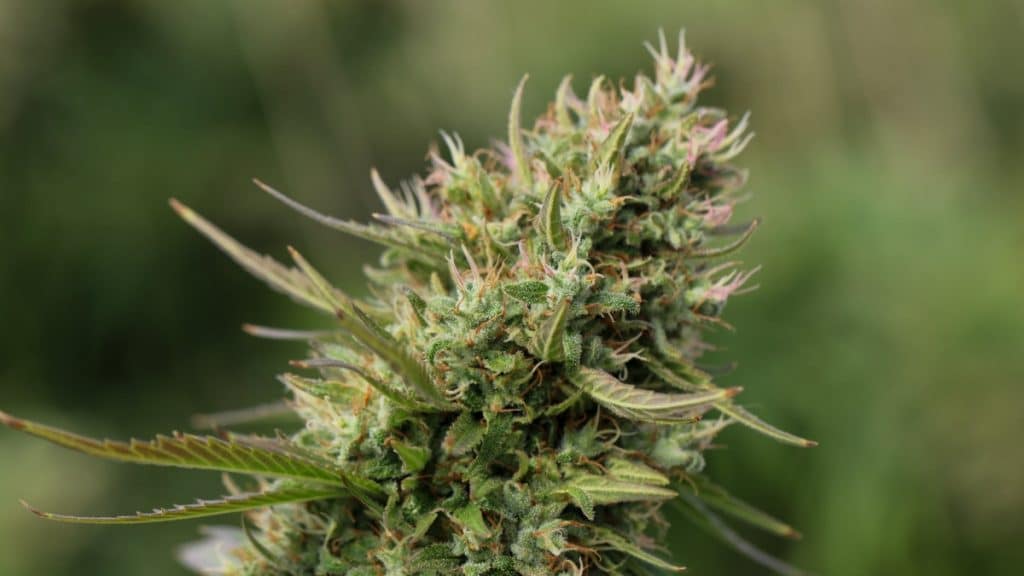In recent years, the landscape of cannabis and its derivatives has dramatically shifted, moving from the taboo into the mainstream, especially with the surge in legalized recreational and medicinal use. One compound that’s been garnering increasing attention is THCA—or tetrahydrocannabinolic acid—a cannabinoid found in raw and live cannabis plants. Unlike its more famous cousin, THC (which is psychoactive), THCA offers a different, non-intoxicating profile, suggesting a vast array of potential benefits. This closer look into the uses and benefits of THCA flower is essential as we seek to broaden our knowledge and make informed choices about our health and wellness.
Understanding THCA: The Unsung Hero of Cannabis
THCA is the precursor to THC; it’s what becomes THC when cannabis is heated in a process called decarboxylation. What’s notable about THCA is that, unlike THC, it doesn’t produce a high, making it an appealing option for those looking for medicinal effects without psychotropic influence. It is believed to possess anti-inflammatory properties, anti-nausea effects, and can potentially serve as a neuroprotectant. Recent studies have indicated that THCA could have a positive impact on conditions such as multiple sclerosis, arthritis, and cancer.
The Science Behind THCA
The potential healing effects of THCA are linked to its ability to influence various physiological systems. It binds to the CB2 receptors in the Endocannabinoid System, which are distributed throughout the immune system, gastrointestinal tract, and peripheral nervous system. This interaction suggests that THCA may help regulate immune responses, reduce inflammation, and offer protection against neurodegeneration.
How to Consume THCA
THCA is primarily consumed in its raw form, which means heating the product (such as through smoking or vaping) is avoided. Juicing raw cannabis plants, consuming supplements, and adding raw flower to smoothies or salads are a few of the non-psychoactive methods to ingest THCA.
The Potential Therapeutic Uses of THCA
When discussing the therapeutic uses of THCA, it’s important to look at the ailments it may address. Here are a few of the promising areas where THCA may play a beneficial role:
Anti-Inflammatory and Pain Management
For individuals suffering from chronic inflammation or associated pain, studies suggest that THCA has potent anti-inflammatory properties. Incorporating THCA into a wellness routine might help alleviate some of the symptoms related to conditions such as arthritis and inflammatory bowel diseases.
Neuroprotection
There’s exciting potential for THCA in supporting brain health. Research shows it could help protect against neurodegenerative diseases by reducing damage to neuronal cells and supporting their overall health.
Anti-Emetic Effects
The ability of THCA to combat nausea and vomiting is particularly meaningful for cancer patients undergoing chemotherapy and others dealing with similar side effects. Its non-psychoactive nature also means less burden on those already struggling with treatment-caused discomfort.
Appetite Stimulation
THCA’s influence on the endocannabinoid system might help in boosting appetite, which could be beneficial for individuals with eating disorders or those undergoing treatment that impacts their desire to eat.
THCA and Mental Health
Mental health is an area of ongoing research, and preliminary studies show THCA may be a promising ally:
Anxiety and Stress Relief
Some users have reported reduced anxiety and stress levels with THCA use. This is a significant finding, especially as mental health concerns continue to rise globally, and there is a growing interest in alternative therapies.
Mood Regulation
The influence of THCA on the endocannabinoid system could also suggest a role in mood regulation. More thorough research is needed, but the initial response from users is encouraging.
The Legal and Social Implications of THCA Use
One obstacle to exploring the benefits of THCA is its legal status, given that it’s a component of cannabis. While THC is typically highly regulated due to its psychoactive properties, the laws and guidelines around THCA have been slower to adapt. The social stigma and lack of legal clarity can pose challenges for both researchers and those interested in alternative remedies.
Nonetheless, many jurisdictions are warming up to the unique potential of THCA, and with proof of concept, regulatory changes could follow suit. It’s essential for the medical, scientific, and legal communities to engage in meaningful conversations about how to harness this cannabinoid’s benefits safely and responsibly.
Integrating THCA into Your Wellness Routine
For individuals looking to incorporate THCA into their daily wellness practices, it’s crucial to start small and consult a healthcare professional, especially if considering it as part of a treatment plan for a serious condition. Here are some tips for a calculated approach:
Finding a Reliable Source
Whether through dispensaries, health stores, or home growing, ensure the THCA products are sourced from reliable, high-quality sources. Transparency about growing methods and lab testing can provide peace of mind about the product’s purity and potency.
Starting with Low Doses
With any new supplement or medicine, it’s best to start with a small amount to gauge your body’s response and gradually increase as needed. A little goes a long way, and the non-psychoactive nature of THCA doesn’t mean it’s not potent in its therapeutic effects.
Not a One-Size-Fits-All Solution
Each person’s biochemistry is unique, so what works for one may not work for another. It’s important to tune into your body and adjust based on personal experience.
Final Thoughts on THCA and Its Role in Our Health
The current landscape of THCA research is just the beginning. As more states and countries legalize cannabis and related products, there’s a growing opportunity to understand the full scope of THCA’s capabilities. This understanding could lead to alternative and more effective treatments for a variety of health issues, potentially revolutionizing the way we approach wellness.
For those curious about THCA and its potential, a combination of thoughtful consideration, responsible usage, and fresh research could unlock a world of benefits. With an open and educated approach, THCA could become a staple in the toolkit for personal health—with its full potential yet to be uncovered.
